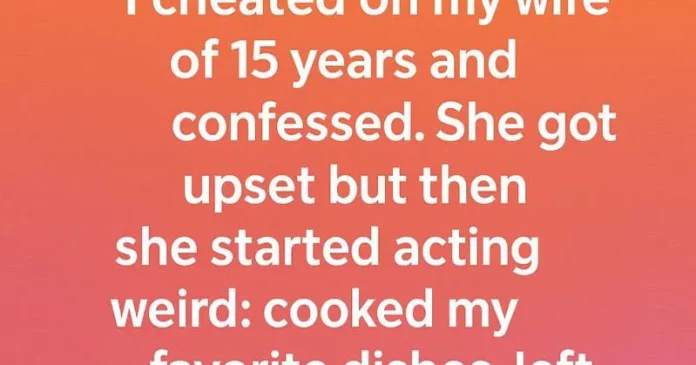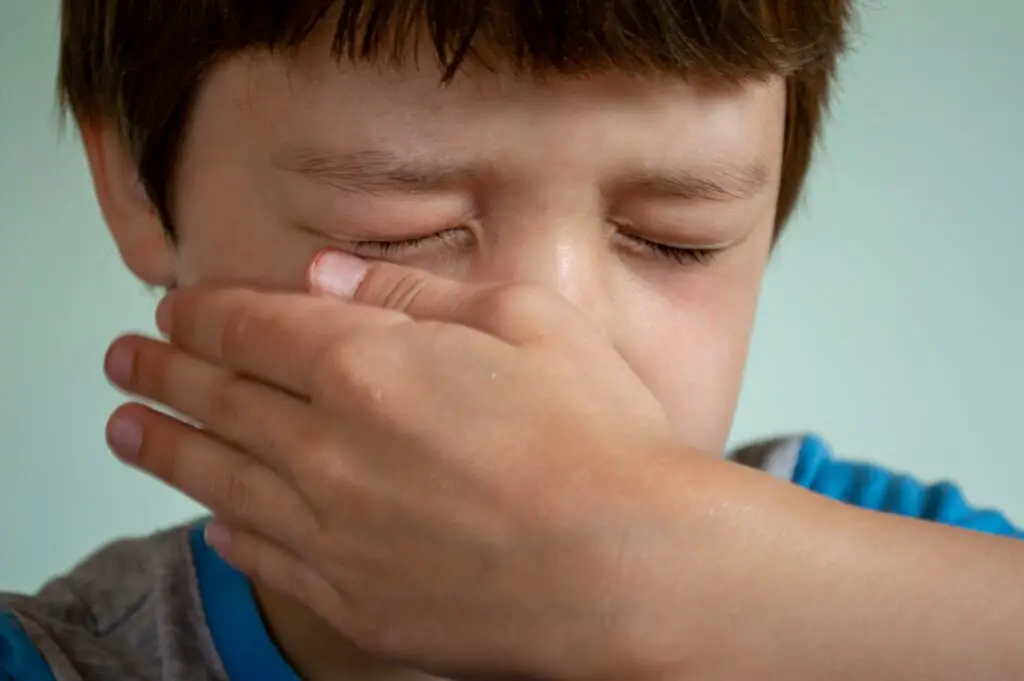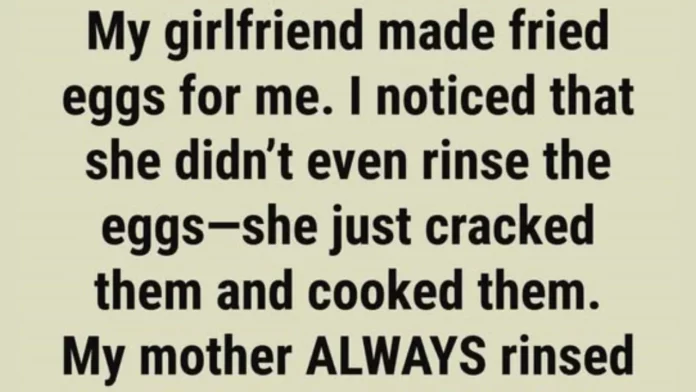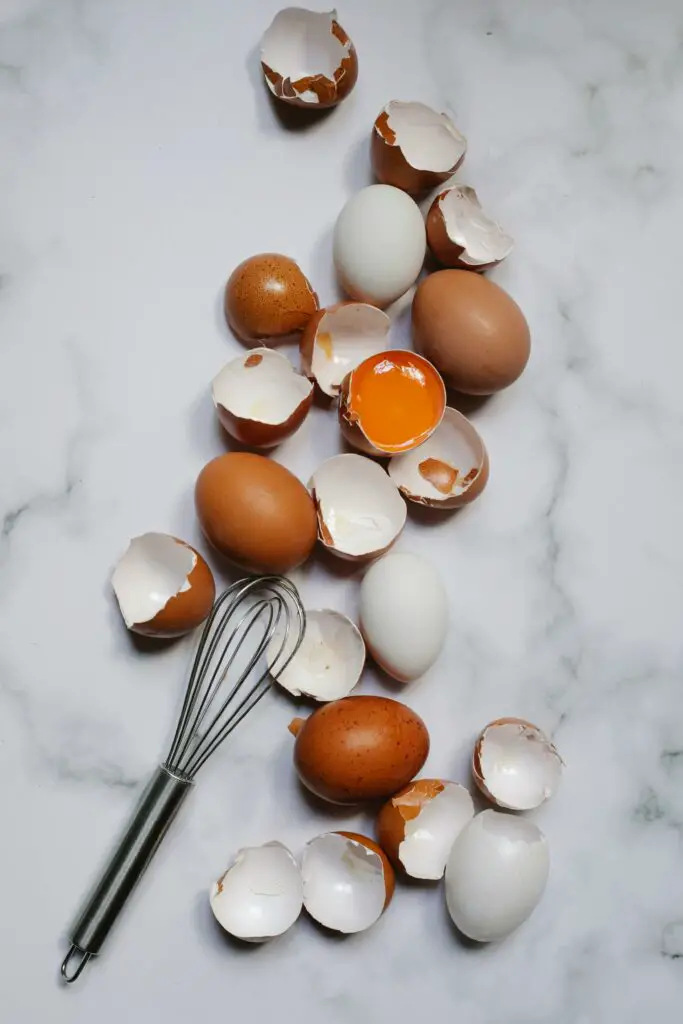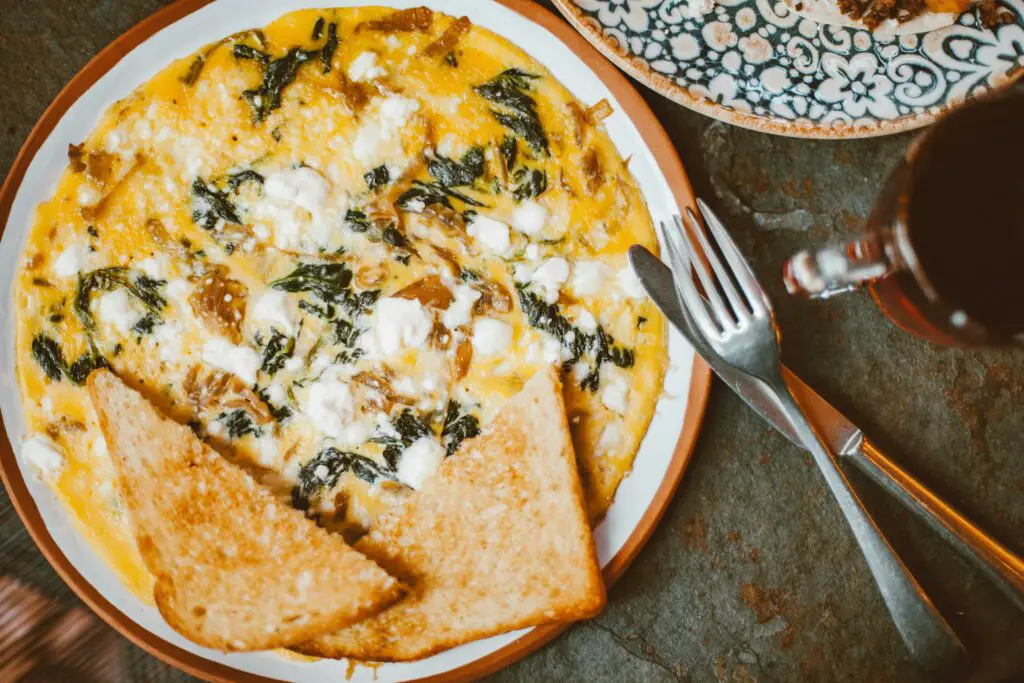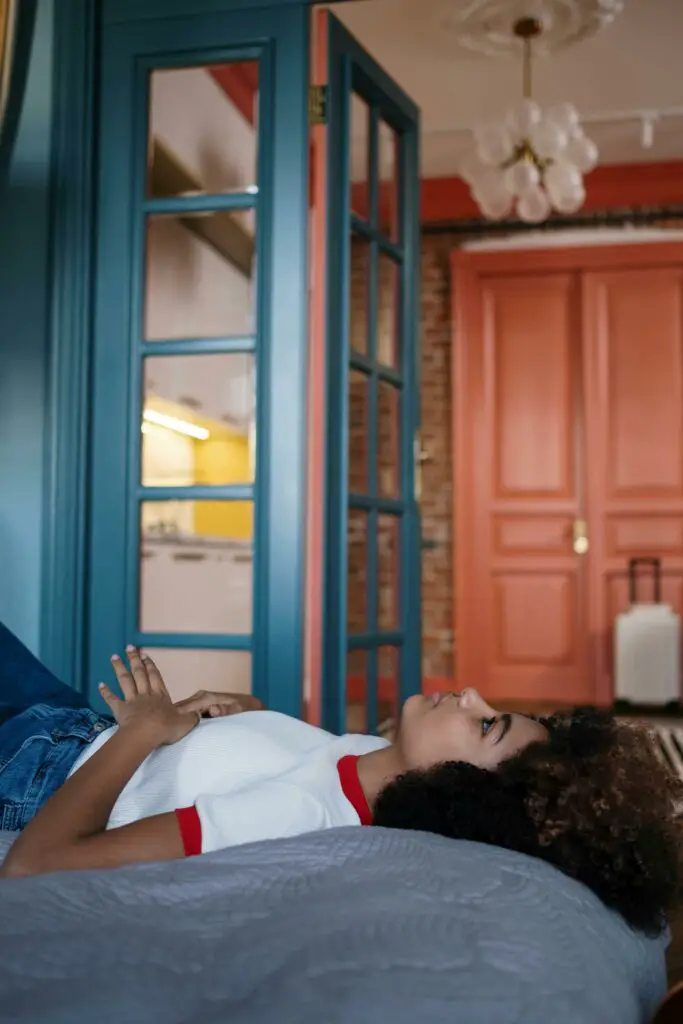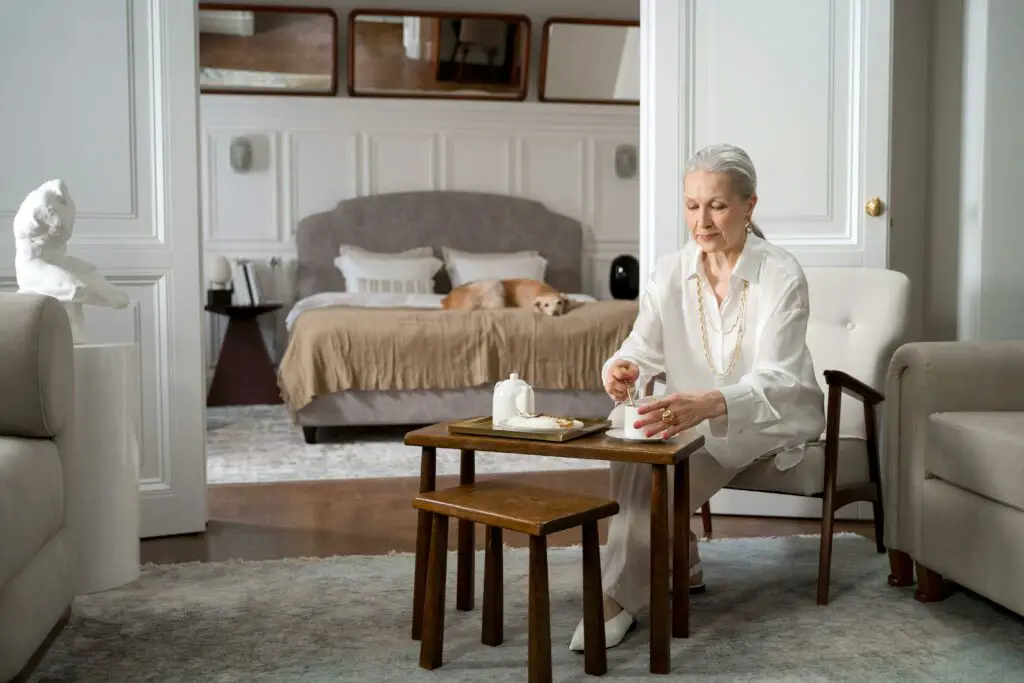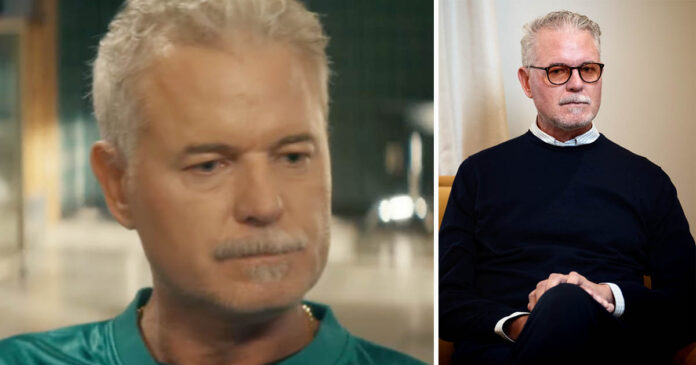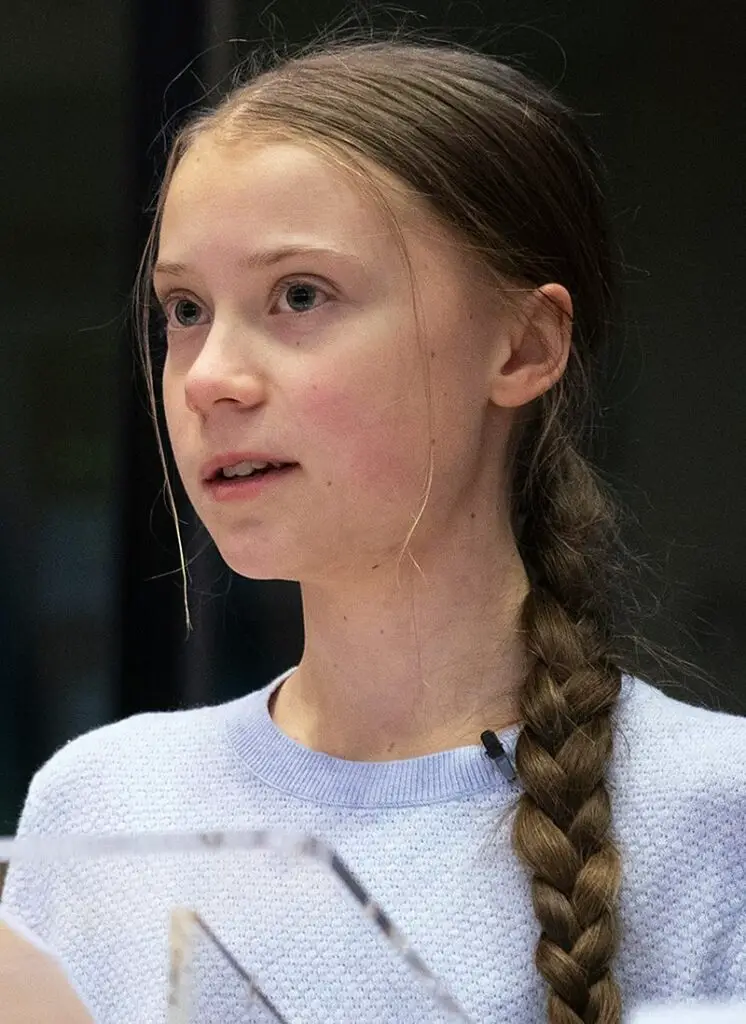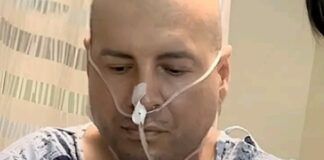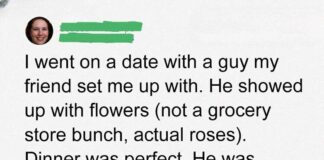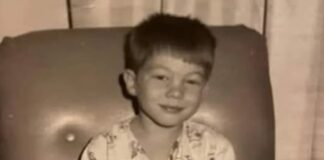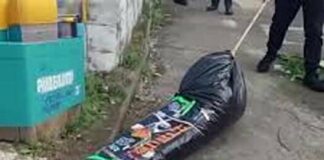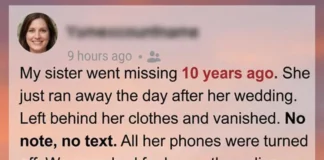Long before these stories went viral, whispers circulated online—tales of courtroom chaos so wild that readers questioned whether anyone could have imagined them. Some claimed the scenes were “too ridiculous to be real,” while others swore the scripts must be inspired by
incidents no one dared discuss.
Whether exaggerated or cleverly disguised, one thing is clear: fictional courtroom meltdowns are far stranger than anything you’d expect in a place built on rules and order.
Courtrooms are normally associated with discipline, structure, and seriousness—a space where fairness prevails and proceedings move methodically. But in fiction, writers often toss out the rulebook entirely, turning the courtroom into a playground for absurdity, comedy, and drama.
Books, shows, movies, and sketches delight in characters behaving in ways a real judge would never tolerate. These over-the-top antics amplify tension, inject humor, and keep audiences guessing. Here’s a lighthearted tour of some of the most unforgettable fictional courtroom
moments, where chaos reigns supreme—and order is only restored with the help of heroic (and calm) court officers.
1. The Defendant Who Thought Touching the Judge Wins the Case
In a comedic sketch, a bewildered defendant declares: “If I touch the judge, I win!”
He sprints forward before anyone can stop him. Security intervenes just in time, but the character insists he “almost made it,” muttering like an athlete who missed the finish line by inches. Real courtrooms don’t work this way—but the comedic impact is unforgettable.
2. The Hyperactive Character Who Shoved the Defense Table
Another fictional courtroom sees a character buzzing with energy. As the prosecutor speaks, she kicks the floor and nudges the defense table forward, yelling: “Don’t control me—I’m an athlete!”
After repeated attempts to escape her seat, she’s secured with a restraint belt. Still, she continues fidgeting for nearly twenty minutes, much to the exasperation (and amusement) of everyone present.
3. The Man Who Tried to Bite a Guard… and Then the Microphone
One character leans threateningly toward a guard, then inexplicably attempts to bite the microphone, declaring: “It said speak into the mic—so I did!”
He’s restrained, the audience laughs, and the judge is left bewildered—proof that fictional courtrooms thrive on absurd unpredictability.
4. The Character Who Headbutted the Plexiglass Divider
In another tale, a character challenges the plexiglass barrier, slamming his forehead against it with dramatic flair. No one is hurt, but the judge’s reaction adds perfect comedic timing. Wrist and ankle restraints follow, though the character continues “air headbutts” like a performance artist in a slapstick ballet.
5. The Woman Who Tried to Tip the Witness Stand
A frustrated woman attempts to tip the witness stand with the witness still inside, shouting: “I’m not done yet! That was just my warm-up!”
Security prevents disaster, but the scene becomes one of the most iconic comedic moments in the series.
6. The Character Who Crawled Across the Floor Like a Ninja
After receiving bad news, a character lies flat and crawls forward across the courtroom carpet, announcing: “You can’t stop me—I’m in snake mode!”
Eventually returned to his seat with restraints, his antics leave the audience in stitches.
7. The Character Who Tried to Throw His Own Chair
Already strapped to his chair, a character hears the verdict and attempts to lift it dramatically—only to topple over like a turtle. He shouts: “This isn’t over!”
Security rights the chair, but the scene cements itself as a classic example of fictional courtroom absurdity.
Why Fiction Loves These Outbursts
These exaggerated moments exist for clear reasons:
Comedy & Humor — Absurdity contrasts with courtroom seriousness.
Dramatic Tension — High-pressure settings magnify reactions.
Character Development — Outbursts reveal quirks, flaws, and fears.
Social Commentary — Chaos underscores why order matters.
Calm Professionals in a Sea of Chaos
Fictional court officers are often portrayed as unflappable: “Sometimes they panic. Sometimes they perform. Sometimes they battle their own furniture. You just never know what’s coming.” Even amid absurdity, they restore balance.
✅ Conclusion
These fictional courtroom antics, while wildly exaggerated, highlight the creative contrast between order and chaos. Real courtrooms rely on rules, respect, and structure—but in fiction, anything goes. From sprinting toward judges to crawling across the floor, these stories let us
safely explore chaos, laugh at absurdity, and ultimately appreciate the stability that real courtrooms provide.
Please SHARE this article with your family and friends on Facebook.
Bored Daddy
Love and Peace

